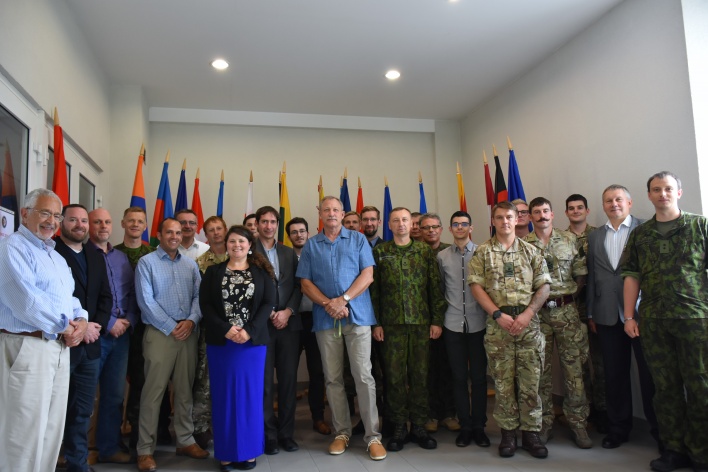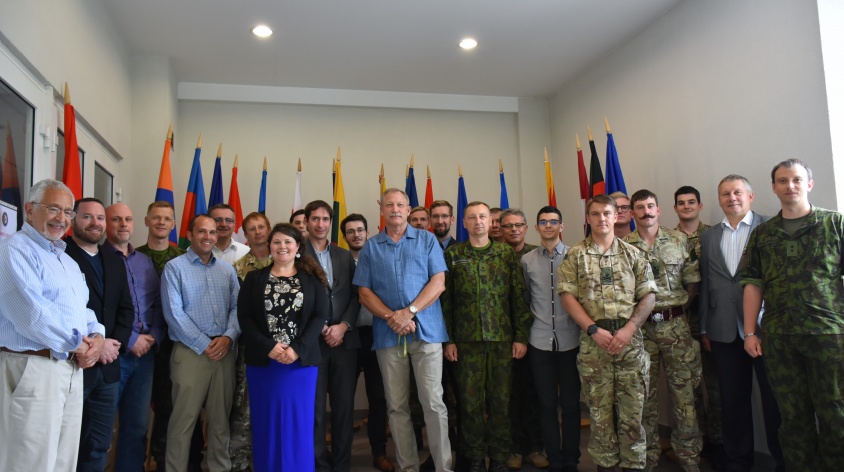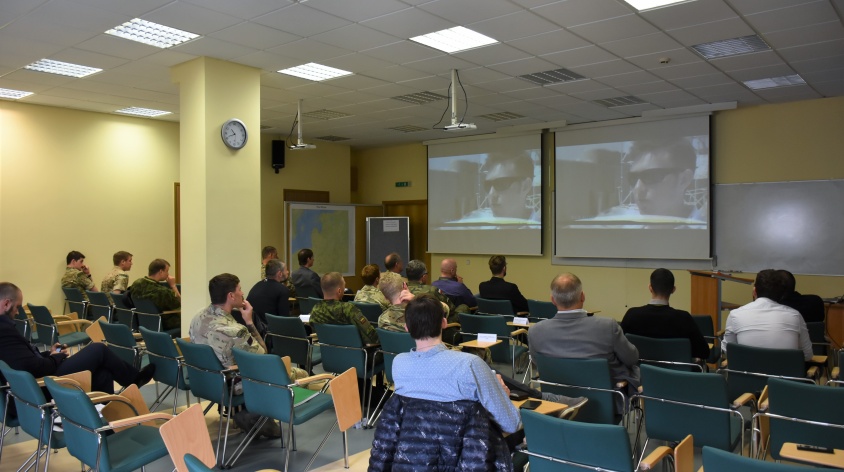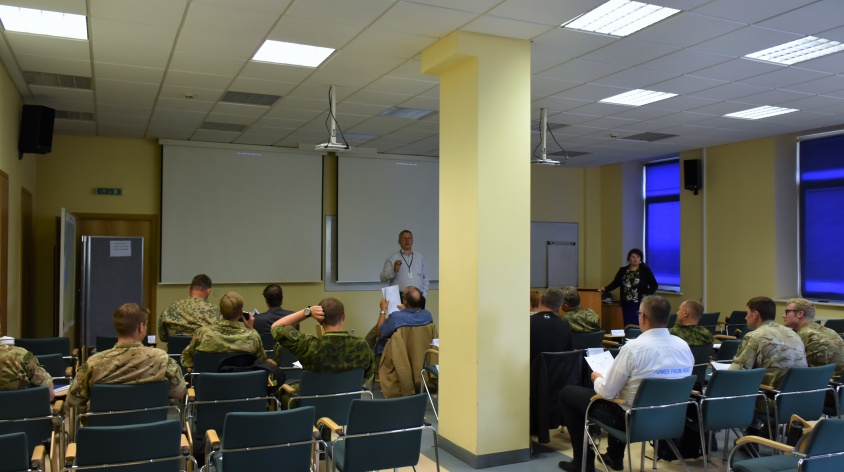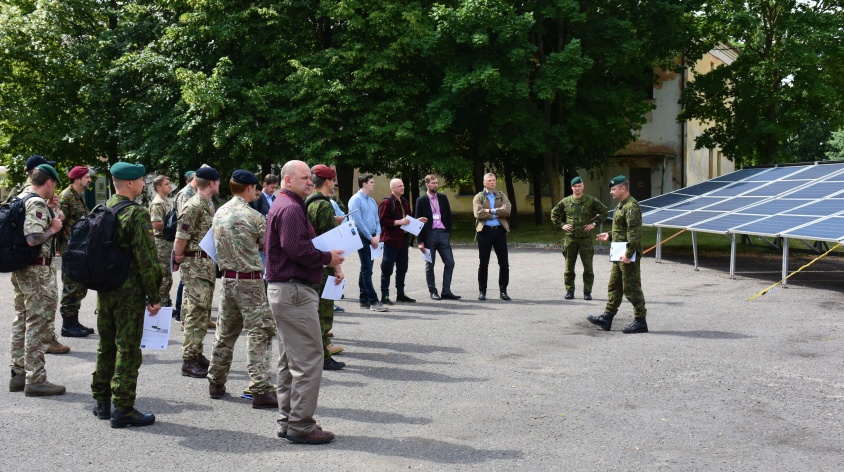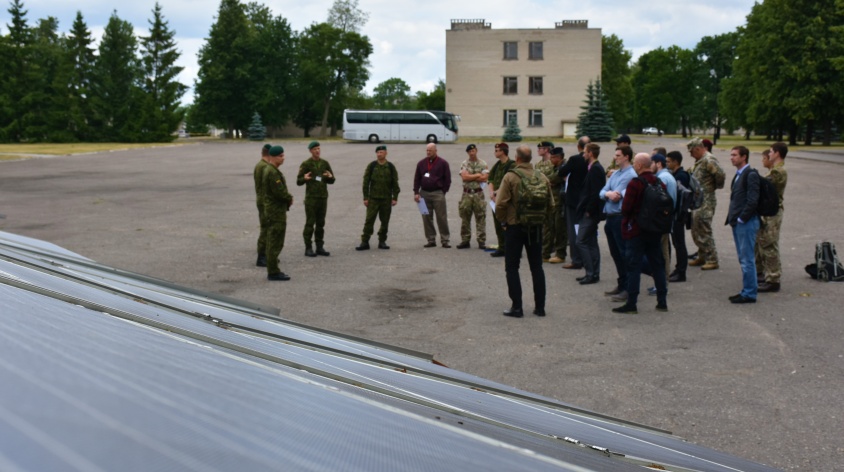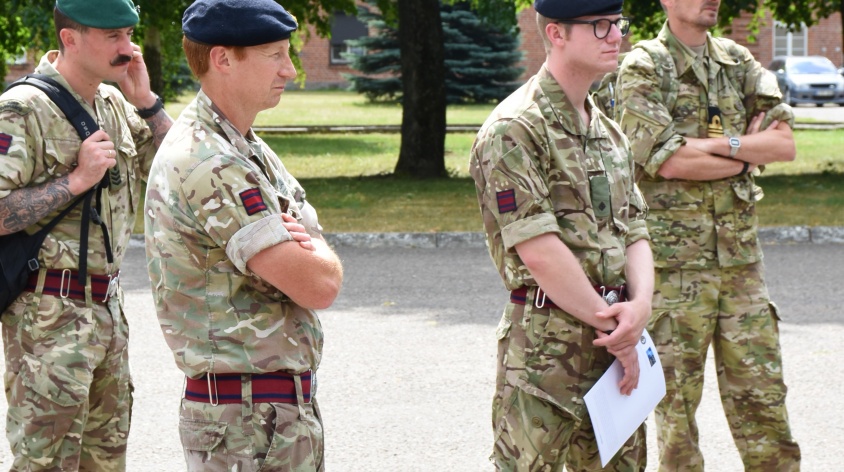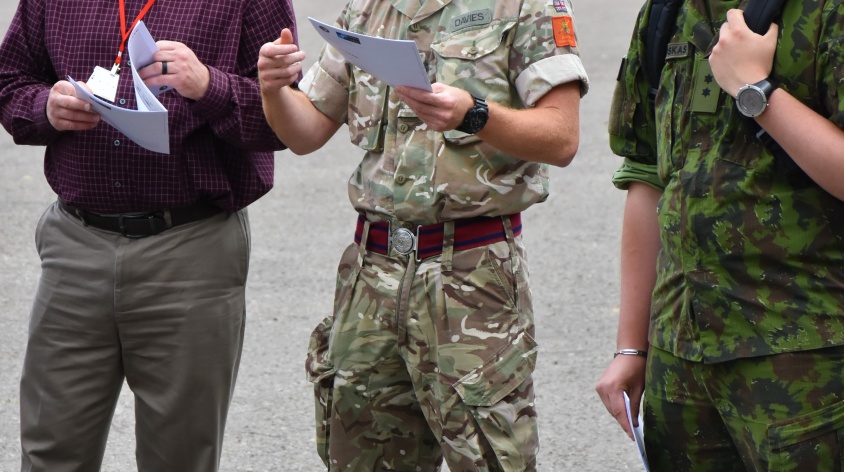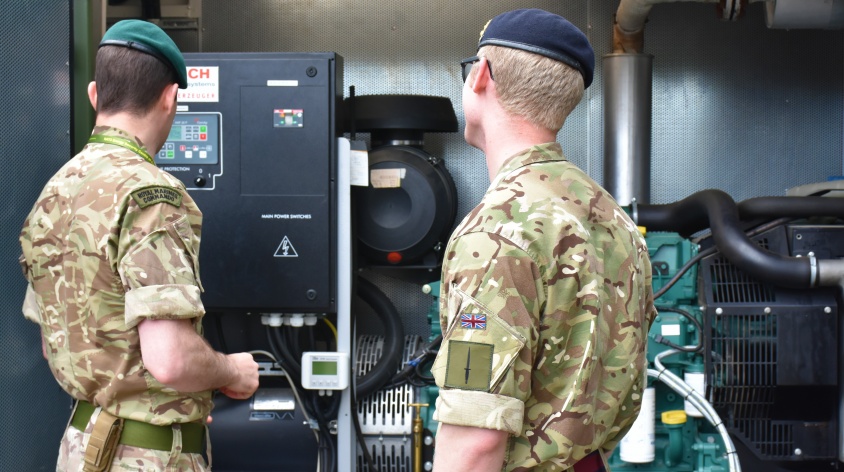NATO ENSEC COE hosted the Energy efficiency in Military Operations Course
NATO ENSEC COE was delighted to host the Energy efficiency in Military Operations Course (11-15 June 2018), which brought together members from various NATO nations to debate energy efficiency and energy management techniques and concepts on the operational level. The aim of the event was to increase the synchronization, coordination and cooperation of operators of energy systems in the militaries across NATO Allies. Furthermore it was meant to be an exchange of knowledge regarding energy efficiency and management concept across a number of the NATO stakeholders in the field. The improvement of energy efficiency in military operations would be directly linked to the logistic footprint, military capability and environmental impact.
The week-long course was enriched with various activities, such as lectures conducted by industry, academia and military experts, as well as various simulations. The most notable of simulations was the “Operational Energy Wargame”, which allowed applying the conceptual framework learned in the course in digital reality. Moreover on the 12th of June NATO ENSEC COE accompanied the course delegates to the Grand Duke Vytenis Main Support Logistics Battalion of the LTU army, based in Marijampolė. Among the topics discussed were Hybrid Power Systems and Efficient Energy Management for Military application, presented by Tom Decker (US) and Thomas-George Luehring (DEU)
While visiting the battalion, the course attendees and the lecturers had the opportunity to see the real life version of one of the main projects of NATO ENSEC COE – the Hybrid Power Generation & management System (HPGS). The installation, consisting of photovoltaic, wind and conventional generator power sources together with its management computer are currently undergoing real life testing in the battalion’s camp. Thus the HPGS was used as a practical example of possible energy efficiency solutions, which garnered good responses from the participants – “It is impressive to see, that such system is possible and fully functional” (Søren Kjaer, DNK). The aim of the trip was to showcase the prototype as well as exchange ideas and experiences regarding the HPGS in order to coordinate future efforts and developments.
Subsequently the Course continued with a number of workshops prepared by the Center’s and external experts – all of which was tailored to current operating conditions and technologies available for use by the military. Finally the course concluded with an award ceremony where the attendees got course completion diplomas.

